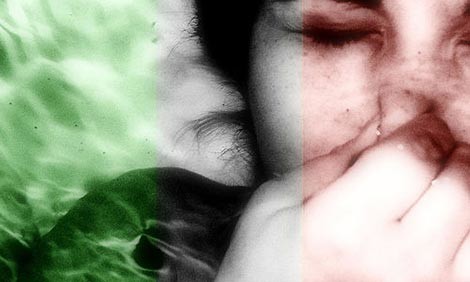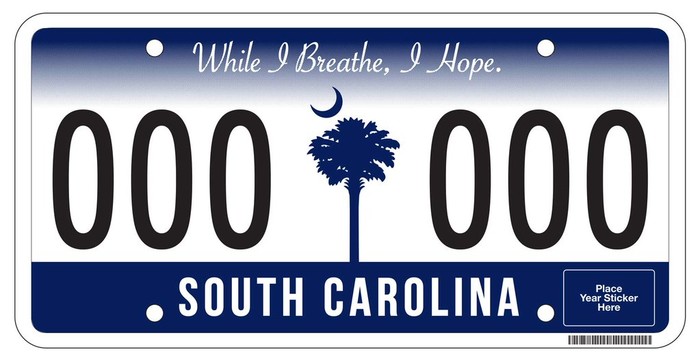
Image by Flickr user Esther_GImage by 20090130-drown.jpg
The Centers for Disease Control and Prevention reported roughly 3,000 cases of accidental drowning in the U.S. in 1989. One of them was a man named Bernie Harden Wint.
In 1989, Wint and his fiancée left their home for a vacation in Daytona Beach, where they planned to marry.
Wint went missing while swimming. His fiancée, lifeguards and the Coast Guard searched for days. He was not found.
This past Wednesday a police officer in Daytona Beach stopped a motorist for a routine traffic violation. The man behind the wheel of the stopped car provided a name, but no license or proof of identity. When the officer searched the man's name, no record turned up. Then the man gave a different name: Wint.
Bernie Harden Wint. Turns out that name did have a record.
From an article in The State:
Authorities had believed Wint drowned when he went missing in September 1989, leaving behind a fiancée and a daughter from a previous marriage.
He hadn't been appointed an attorney Thursday, and they didn't believe he had hired one himself, said Sgt. Stacy Wyatt of the Weaverville police.
Wint and Patricia Lynn Hollingsworth, who was 37 at the time, left their home in McBee, S.C., a small town northeast of Columbia in 1989. They were supposed to be married while in Florida, Hollingsworth told Volusia County authorities.
While this is not exactly Charleston news, it does bring to attention a particular human drama: the need to escape. We are hearing more and more about it these days, especially as our country's gloom grows stronger.
I was captivated this past July by a story in Boston. A man led his entire life posing as an aristocrat, only to be discovered, after kidnapping his daughter and his subsequent arrest, that he was of common German ancestry and who, as far as his biography was concerned, preferred far-fetched tales to facts.
More recently there was the story of an Indiana businessman who, while under investigation for fraud, tried to fake his own death by crashing his plane into a Florida swamp.
So what does this mean?
The simple answer is that people tire of their lives. They see two doors, and choose the one leading to new a new beginning. The complex answer is, well, complex. Issues of survival, morality and ambition emerge.
Wint said he disappeared to avoid a South Carolina drug ring. The Indiana businessman didn't want to go to jail. And the aristocrat wanted to feel superior.
Understandable? That depends who you ask.
The lifeguard never saw Wint. Both a lifeguard boat and the Volusia County Sheriff's Office helicopter conducted a search.
"It's seldom that we lose someone off the beach and they don't wash back in," Beach Patrol Capt. Scott Petersohn said. "I believe there are a number of people who disappear this way."
Lifeguards continued the search for several days.
"I feel terrible for our lifeguard," Petersohn said. "He spent all this time thinking he let somebody drown."
Most people want to make a mark. They want to be respected, recognized, and to live a good life. Some people do questionable things. They deal drugs, steal, or lie. But in the end, people want to be accepted. They don't want to live outside of society, in a shroud. In the end, people want to get found out.
Why do you think Wint confessed?
It's the same motivation that inspired him to flee: extreme self concern. Only now Wint has left his mark and unearthed his past.


